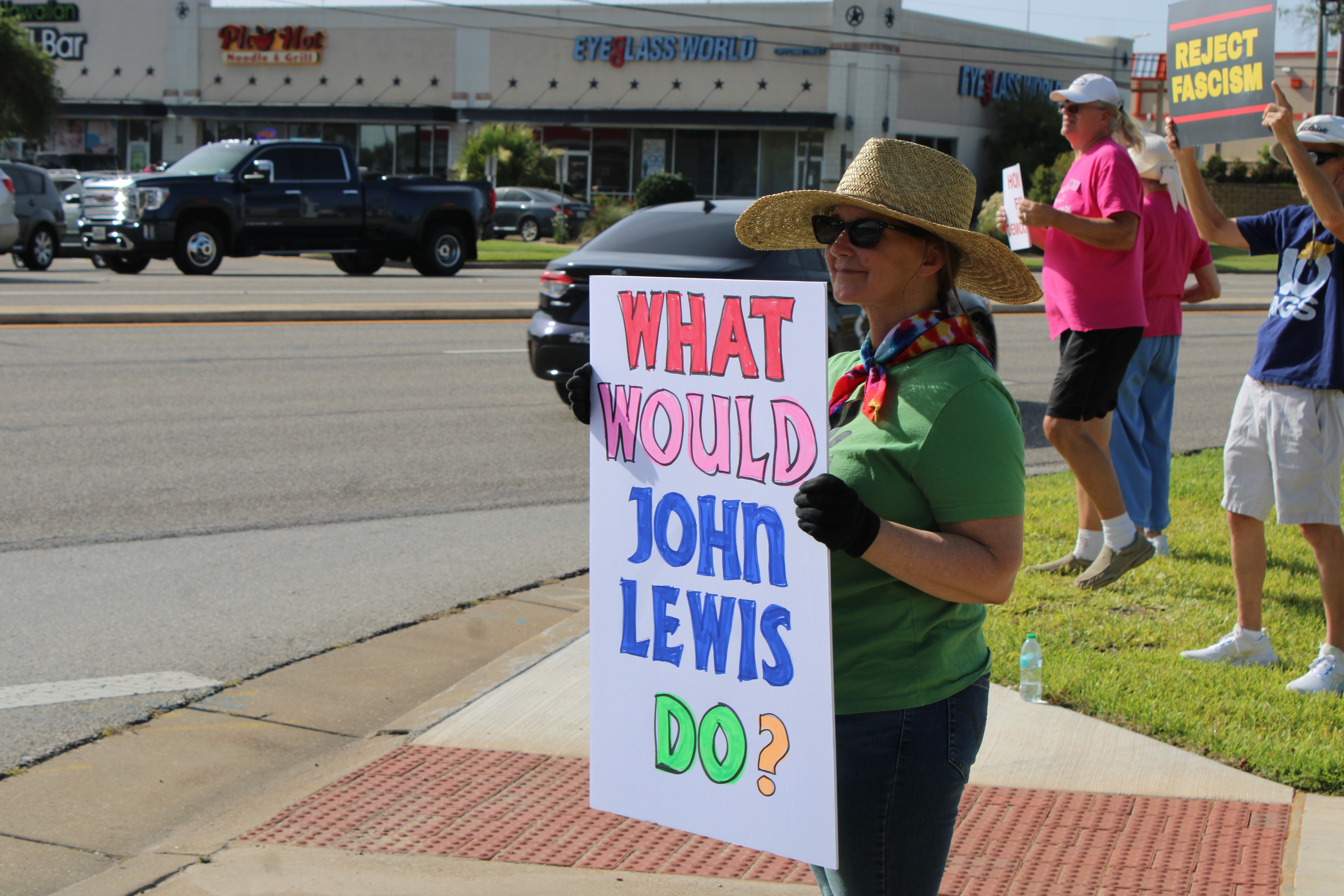Tax abatement plan will benefit all of us
Published 4:35 am Sunday, August 30, 2015
Tax abatement agreements get a bad rap these days. But what Wednesday’s announcement of more than 300 new jobs for Tyler shows is that tax abatement is a useful tool for attracting new businesses to a region. We’ll benefit immensely from having the new Fresenius Medical Care North America administrative facility here. And tax abatement helped that happen.
Here’s how it works. Under such an agreement, a taxing entity – say a city – agrees to not collect property taxes on a new business (or the significant expansion of an existing one). In exchange, that business agrees to employ a certain number of workers, usually at an agreed-upon wage level, for a certain length of time.
Trending
What’s in it for the city? A new business, new jobs, new economic activity. And obviously, the business benefits by getting a break during the crucial and costly start-up period.
Tax abatement has long been criticized by the left as a form of corporate welfare; companies should pay their fair share, the left contends.
But in recent years, tax abatement has also come under fire from the right.
“In recent years, Texas has seen an explosion in local government economic development as localities seek to compete with one another to create jobs through the use of targeted incentives,” the Texas Public Policy Foundation reported recently. “In fact, however, tax abatements do impose a cost on other taxpayers. By shifting the burden of service costs from a new property onto existing taxpayers, existing taxpayers subsidize the costs of government for the beneficiary of the abatement. Further, numerous studies have shown that tax abatements are ineffective at achieving their stated aims of growing the local economy and the tax base.”
A better alternative, TPPF says, is “fostering a business-friendly environment in which government largely stays out of the way.”
Certainly that’s something the city of Tyler – and to a lesser degree Smith County – have done. Tyler’s services are top-notch, yet through sound fiscal management and strategic use of the half-cent sales tax, Tyler has created as business-friendly an environment as can be found anywhere.
Trending
But here’s where TPPF gets it wrong. In a perfect world, sure, cities wouldn’t need to offer tax abatement packages to lure businesses to town. But it’s not a perfect world, and other cities are already doing so.
Thus, Tyler eschewing the use of incentives such as tax abatements really just amounts to unilateral disarmament.
We know that several other cities were competing for that Fresenius Medical Care facility. Phoenix was the other finalist – and reportedly offered an even bigger tax abatement package. Tyler won out for a number of reasons, including the quality of our workforce. But if Tyler had handicapped itself at the beginning of the process, by not offering tax abatement, it’s likely Phoenix would be celebrating as many as 350 new, high-quality, high-paying jobs.
As Mayor Martin Heines said last week, “We didn’t make the rules. We’re just playing by them.”
Tax abatement remains a useful and appropriate tool for economic development.







